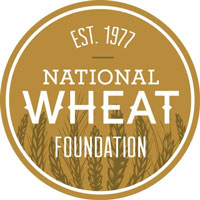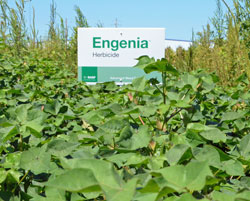 The Aflatoxin Mitigation Center for Excellence (AMCOE) has approved seven new research project for 2017. Projects will take place at Mississippi State University, Perdue University, Texas A&M, Louisiana State University and the USDA Agricultural Research Service in Georgia.
The Aflatoxin Mitigation Center for Excellence (AMCOE) has approved seven new research project for 2017. Projects will take place at Mississippi State University, Perdue University, Texas A&M, Louisiana State University and the USDA Agricultural Research Service in Georgia.
AMCOE is managed by the National Corn Growers Association, with a mission to investigate biological controls, aflatoxin resistance through transgenic and traditional breeding, best management practices during harvest, handling and storage and improved testing procedures. Currently the organization is in it’s sixth year of research.
“Aflatoxin is a critical issue for corn growers who want to provide consumers with the best quality and safest product possible,” said Charles Ring AMCOE Committee Chairman of Sinton, Texas. “AMCOE is committed to making continued progress toward solving this problem and helping southern corn farmers remain profitable.”











